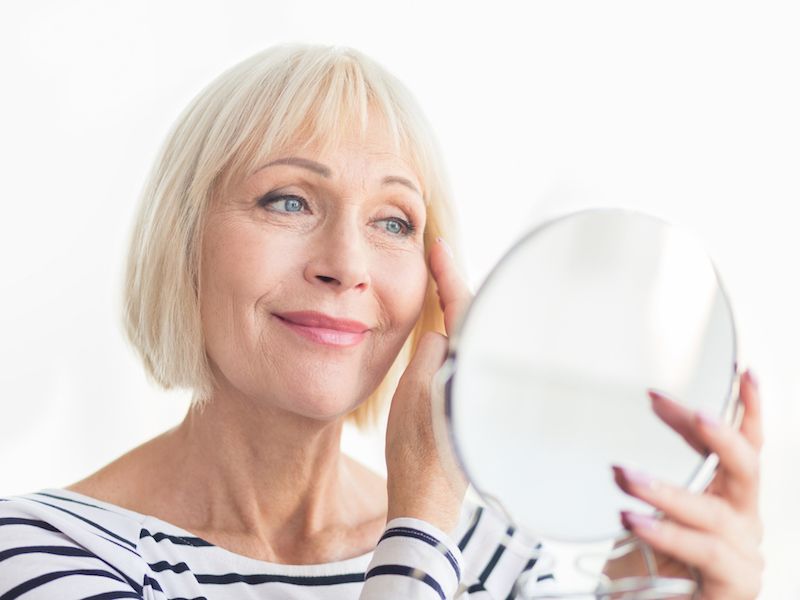
It seems as if we’re constantly trying to stay youthful. From wrinkle creams to Botox to special diets to spin class, we spend a great number of hours every day doing everything we can to slow down the aging process. And yet, even with all that energy (and all that time), we tend to neglect doing one simple thing that may actually work: wearing ear protection.
The majority of people most likely consider hearing loss as inevitable as we age. But it’s not that easy. You can keep your hearing in great shape and help prevent damage by protecting and caring for your ears. And great hearing can have considerable anti-aging effects as the years go on.
Aging And Hearing
The actual passing of time is not usually what we are referring to when we talk about aging. Instead, “aging” typically refers to the presentation of certain physical, mental, or emotional characteristics that we associate with aging. Joint pain is a great illustration of this. When your knees begin to bother you, you may relate that with “getting old”. But lifestyle has as much to do with this as does age.
The same is true of many types of hearing loss. There’s an accumulation of damage as you grow older. And in most cases, it’s the build-up of damage that causes the actual hearing deterioration. And that’s when things can start to snowball. Several other indications of aging have been linked to hearing loss:
- In some cases, the mental strain involved in trying to hear can result in issues such as loss of memory or insomnia. And that might make you feel like you’re getting old in a particularly intense way.
- Untreated hearing loss may cause you to isolate yourself from friends or family.
- Studies have shown a strong connection between untreated hearing loss, anxiety, and depression.
- The onset of mental issues, including dementia, can sometimes be hastened by ignored or unnoticed hearing loss.
So How do I Fight Age-Related Hearing Loss?
You’re actually emphasizing damage prevention when you combat the “signs of aging” in your ears. And luckily, there are a few ways to achieve that. Here are a few things you can do:
- As much as possible, avoid loud noises. And when you can’t stay away from high volume areas, wear hearing protection. So make certain you wear earplugs when you go see your favorite band.
- Raise your awareness. You can still have harm to your hearing even if sounds aren’t painfully loud. Your hearing can also be injured by moderate noise if you are exposed to it for long time periods.
- Wear ear protection to work if your job exposes you to loud noise. Modern ear muffs have amazing technology that can allow you to hear voices with clarity while eliminating loud, damaging environmental sounds.
Your ears can be safeguarded by all of these steps. But in order to keep your hearing in good condition you can do one more thing: come see us for a hearing examination. Making certain you undergo hearing tests regularly can help you catch hearing loss before it’s even recognizable. Even if your hearing is perfectly fine, a screening will still be able to provide a useful baseline to compare against future results.
Wear Hearing Aids to Keep Your Ears Healthy
We live in a loud world. Even with your best effort to take care of your hearing, you still might ultimately detect some hearing loss. If that’s the case, it’s essential that you seek help as soon as you can. Some of the age related issues associated with hearing loss can be avoided with a good pair of hearing aids.
Hearing aids can assist your hearing to function more youthfully, sort of like a facelift for your ears. And that can help keep depression, dementia, and other issues at bay. The example isn’t ideal, because hearing aids are necessary and a facelift isn’t, but you get the idea. Wrinkle creams could help you look younger. But your best choice, if want to feel younger, is to treat your hearing loss and safeguard your hearing.